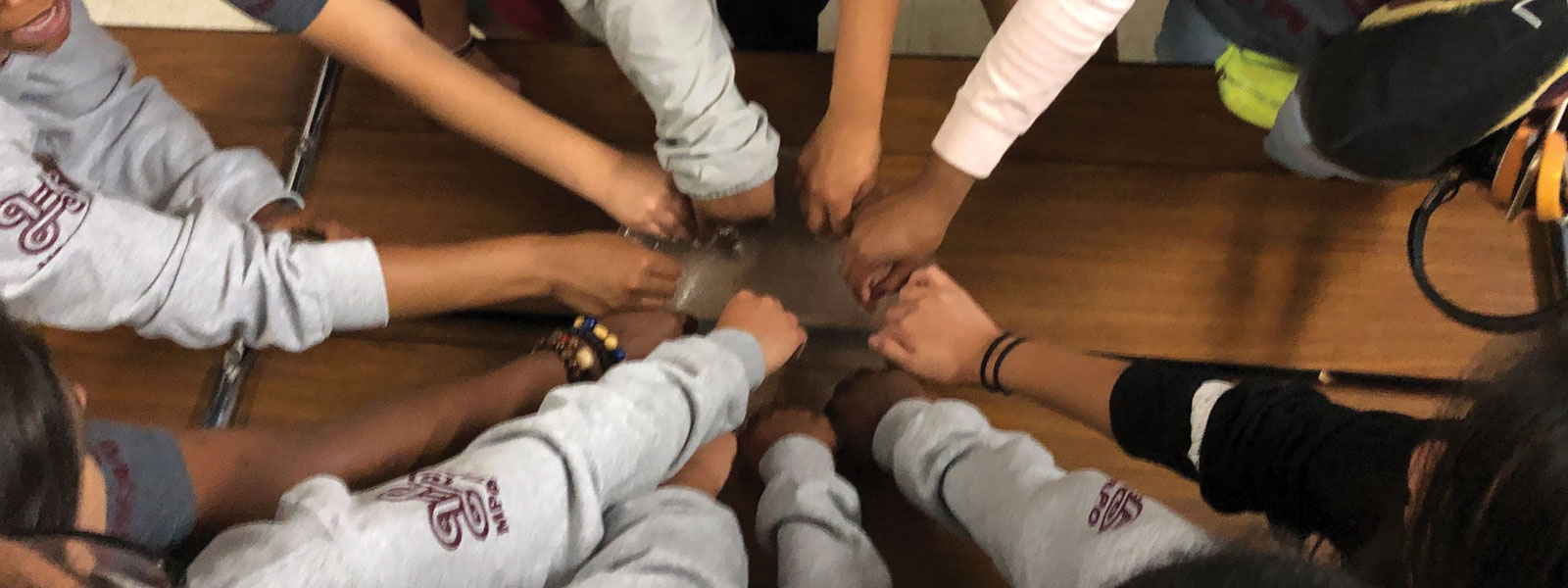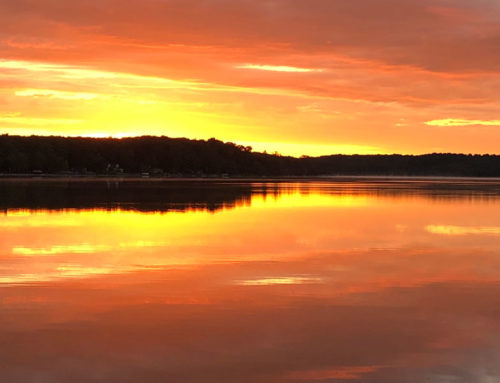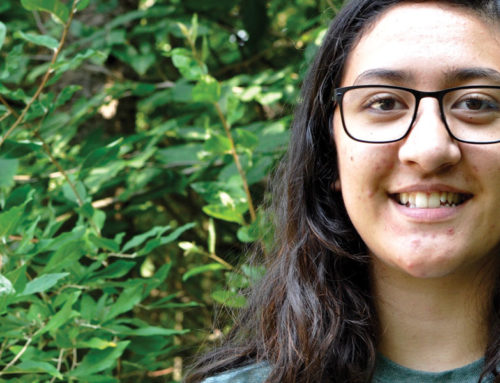It’s dusk, the air is cool, and bug spray is making its rounds. The sun is setting, but anticipation around the campfire is growing as campers wait for the music to begin. But the rumble of guitarists tuning their strings and campers laughing at inside jokes intuitively slows to a halt. A lone voice breaks the silence with beautiful, strong singing: “Por Cristo tenemos entrada, por q el es nuestra paz” (With Christ a new avenue opens, because He is our peace). The leader continues to repeat the verse as the group catches on, picking up speed, adding clapping, and coming to a joyous crescendo. Introductions unmade, instructions unspoken, and yet, the rhythm of the campfire moves fluidly on throughout the night.
This memory is from MYLA camp (MYLA stands for Multicultural Youth Leadership Academy). If you are familiar with Living Water Ministries’ typical summer programming, you’d know campfires are usually much different. Each one starts with a booming “WELCOME TO SUNDAY (or whatever day it is that day) CAMPFIRE!” and leaders teach songs by asking the group to “Repeat after me!” in the sing-yelling motif that counselors have learned to perfect. MYLA is operated differently, but with as much (or even more) calculated intention behind each activity as is with Living Water Ministries’ church camp programming.
We have Rescue Release Restore and Rev. Sunitha Mortha to thank for the shift in gears we get to experience during MYLA. Sunitha coordinates the talented MYLA music educators that give campfires a global perspective. In addition, a lot of the traditions and philosophies that happen at MYLA are brought from years of honing and perfecting Rescue Release Restore’s SIMBA and SIMSA camps. A key word to describe this approach to camp is intentional. Community and space are intentionally sacred entities during MYLA week. If a camper or adult leader were to arrive late, it is imperative that they are introduced and welcomed into the community to ensure everyone feels comfortable. I learned that it was MYLA’s prerogative to model equitable power distribution, even in seemingly minute ways, like who spent time in the camp office.
There were intentional ways to help campers receive the most out of their camp experience at MYLA as well. On one of the first few nights there is a tradition reverently referred to as the Pain Fire. This is an opportunity for participants to unload any weight they may have carried into camp, build trust, and become community. The idea is to free up hearts and minds allowing campers to be the most receptive to all that MYLA is.
There were also intentional ways to send campers back out into the world at the end of MYLA camp. The leaders of MYLA know that life at camp is often a rose-colored view of the real world, and that it can feel like a shock to re-enter old patterns. Thus, at the end of the week, campers are called by name and pulled across a line by a MYLA leader to symbolize the growth they have made. In doing this, campers are physically and figuratively crossing over, stepping into leadership with all the knowledge and support they have gathered at MYLA camp. Lastly, everyone puts their hands in water to commit to continuing the work done at MYLA to make the world a better place. It feels like the end, but these traditions tell us that our work is only beginning.
We can learn a lot from these MYLA rituals. It may feel like the urge for racial justice has died down on our newsfeeds, as if the momentum for Breonna Taylor is slowing almost 100 days after her murder. It may feel exhausting to constantly reckon with advocacy when we were so used to mentally turning on or off our engagement. But we must not stop. As a community, let us put our hands in water and commit to continue fighting for a just world even when the news stops covering it. Let us continue pulling our siblings into places of faith, leadership and knowledge. And let us be the lone voice breaking the silence on issues about which we must not stay silent.
-Elspeth Muzzin





